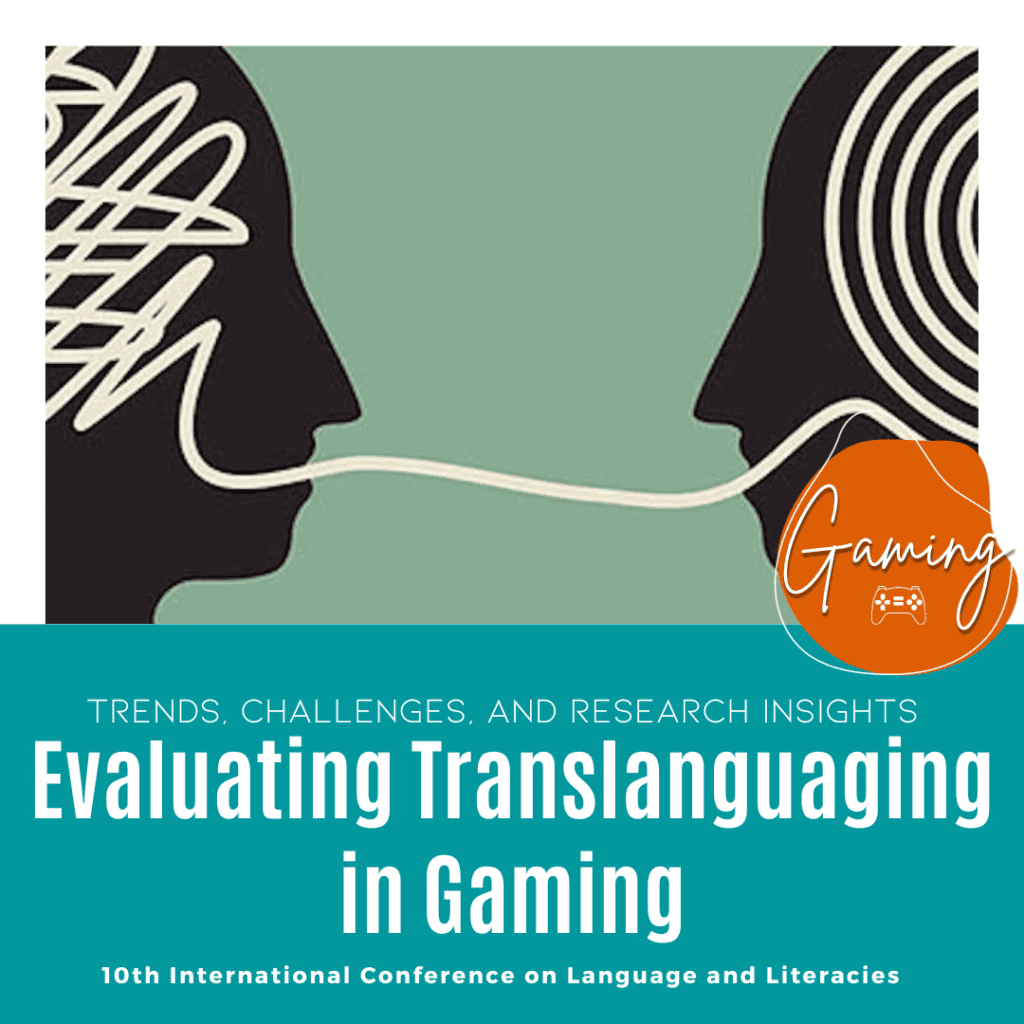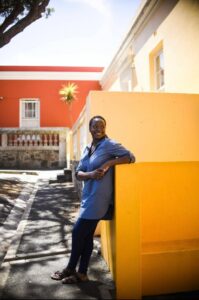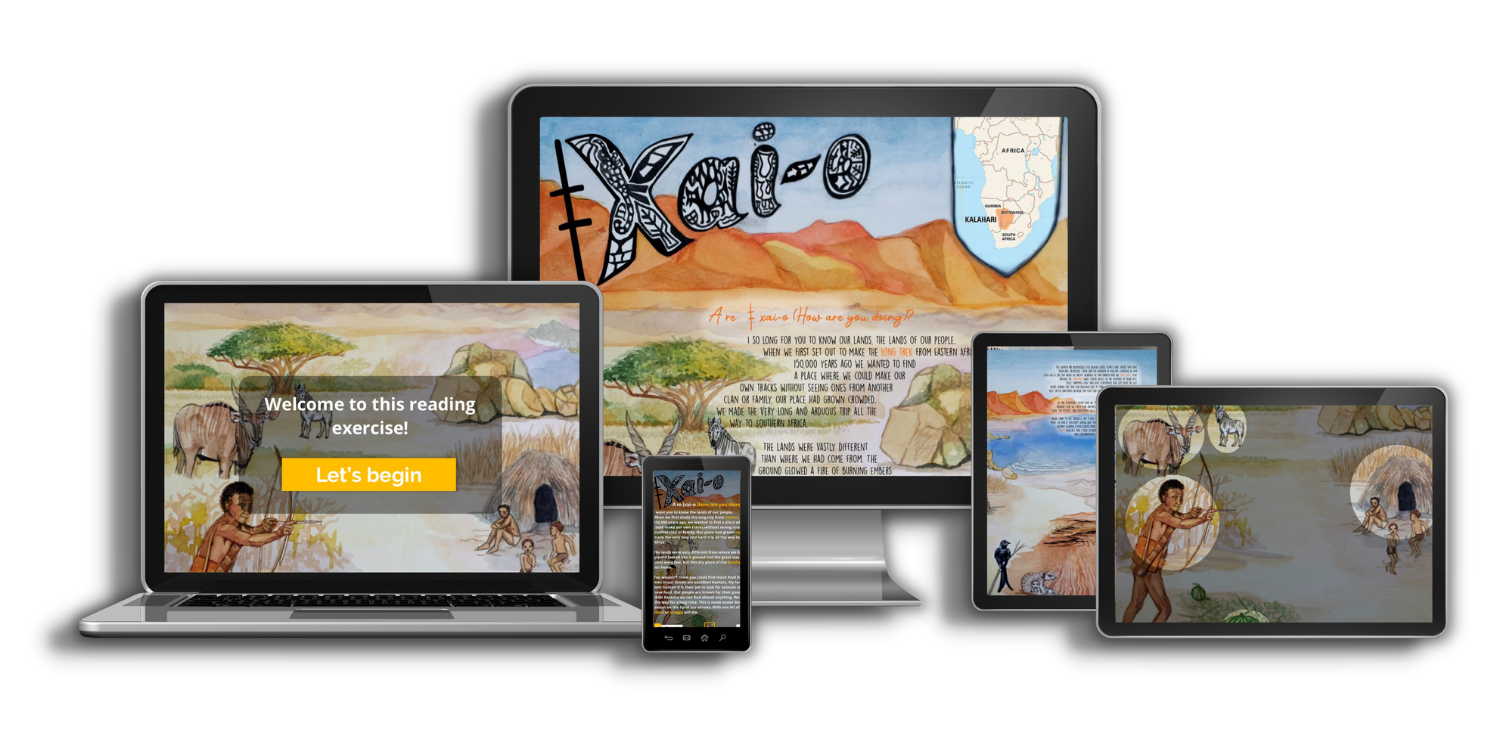The 10th Annual International Hub for Multilingual Education and Literacies (HuMEL) Conference was held at Witwatersrand University in Johannesburg, South Africa, on September 15-16, 2023. There were many different types of instructors, academics, intellectuals, and even young business owners at this annual event. The conference highlighted the successes in language acquisition and literacy, but it also provided a forum for open dialogue about the difficulties researchers experience when trying to put their results into practice, and it gave attendees a sneak peek at the novel approaches brought to the table by young business owners.
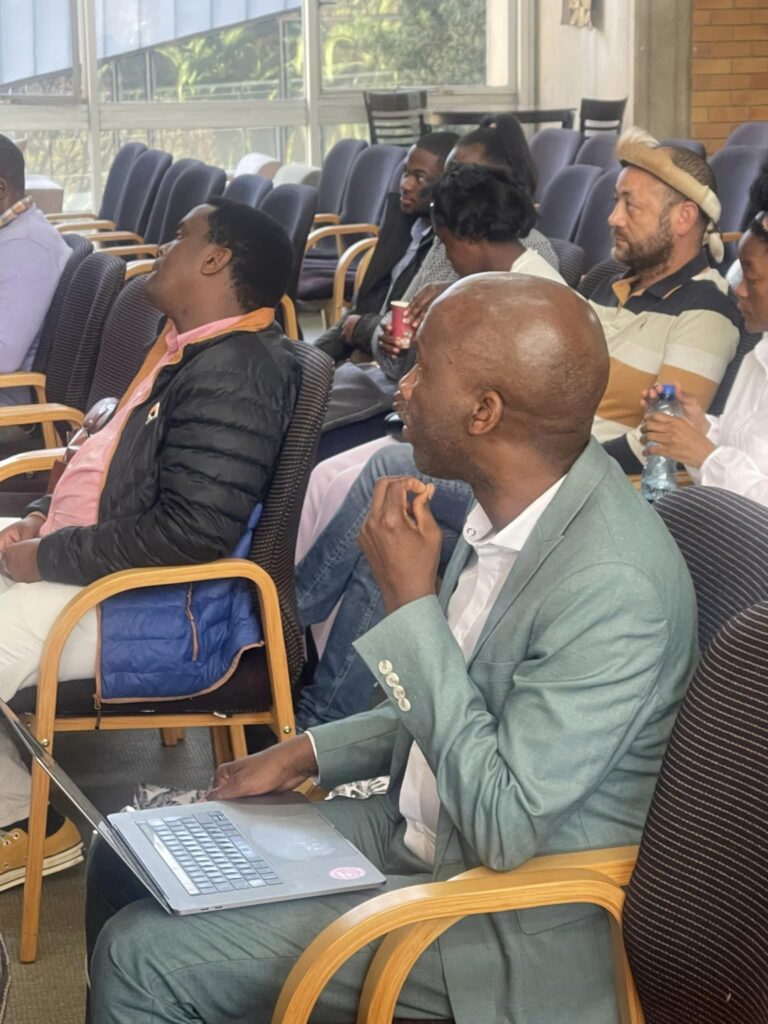
What Comes After Translingualism?
The groundbreaking notion of translanguaging, which is undermining traditional language instruction, was the focus of the conference. The two days of insightful conversations were what really made this conference worthwhile. The transformational power of translanguaging to advance linguistic diversity and inclusive education was the focus of the conference’s opening sessions. Understanding the need for a holistic evaluation of students’ linguistic abilities, researchers have investigated the growth of multilingual pedagogies for assessment. The necessity to promote indigenous languages for inclusion and cultural preservation prompted an examination of the relationship between monolingual practices and African languages in elementary education.

An unusual yet thought-provoking seminar focused on unique methods of teaching a language by examining the relationship between home language and physical movement. A discussion on the need to rethink multilingual tutor training in higher education was held, with an emphasis on the significance of tutors’ viewpoints. In order to demonstrate the practical advantages of integrating students’ different language resources, South African educators presented their results on the efficacy of translanguaging in teaching mathematics and science in intermediate-phase schools. The use of AI methods in the field of language education has shown how this cutting-edge field may shed quantitative light on tried-and-true methods of language instruction. An innovative method for teaching Italian using Jhumpa Lahiri’s writings demonstrates the potential of literature to bridge linguistic and cultural divides. The conference wrapped up by discussing antiracist and decolonial methods of language teaching, which brought attention to the importance of confronting educational traditions that have their roots in colonialism.
Promoting Young Business Ownership
Dual-enrolled students were also welcome to participate in the conference as entrepreneurs. These young business owners made the most of opportunities to network with others who shared their enthusiasm for the initiative and may serve as mentors, partners, or financial backers. They got a peek at academic life after high school by attending the conference. Their participation in the conference increased their understanding of translanguaging and its potential to address illiteracy in their country through their innovative game. The impact of new ideas is powerful, and seeing what’s happening in the field of multilingual education only served to reaffirm their project’s significance in combating the global scourge of illiteracy, especially within the continent of Africa.
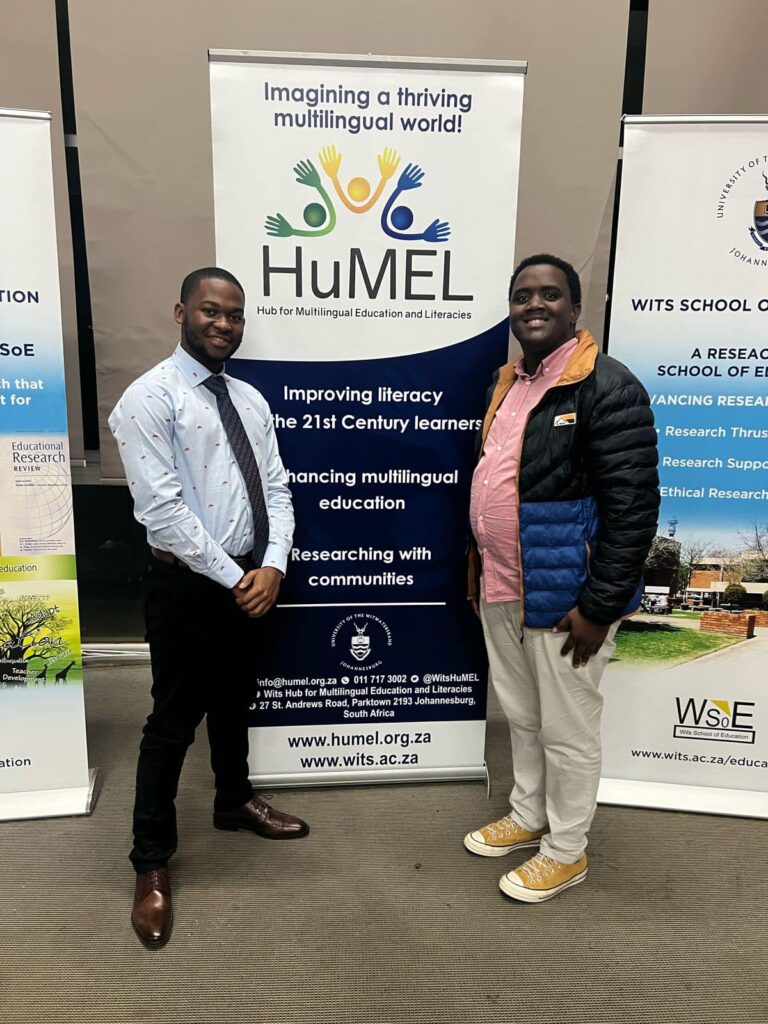
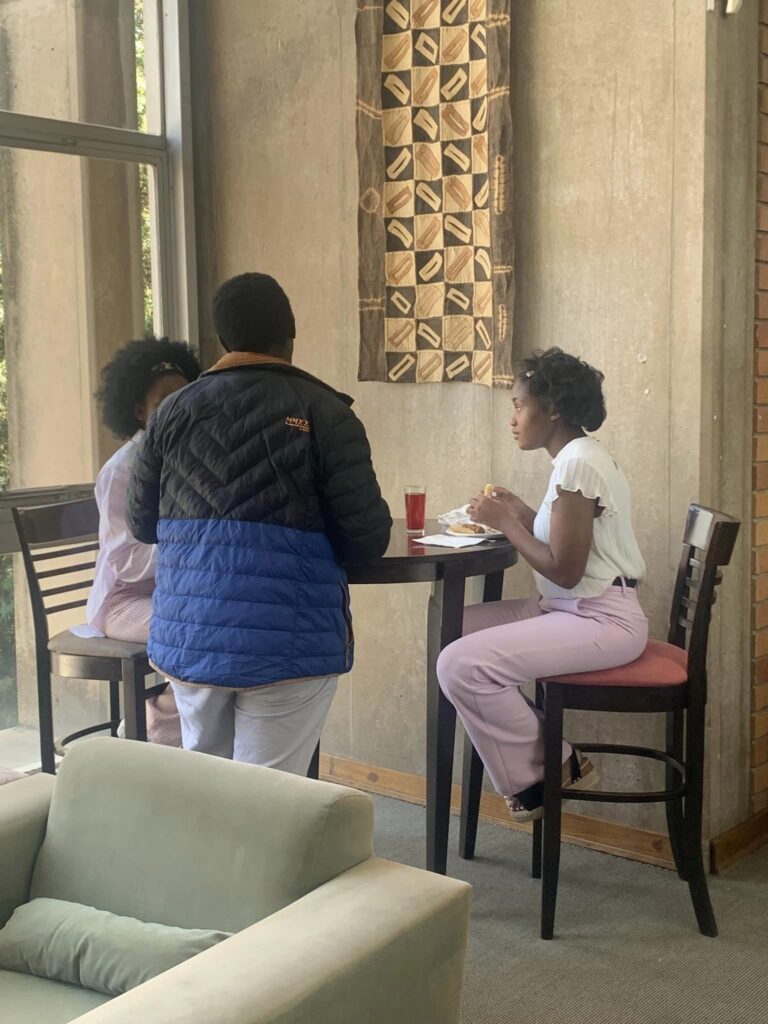
Problems With Research Implementation
The meeting also highlighted the obstacles that academic researchers must overcome in order to bring their results to the general public. The researchers were quite open about the lengthy period it takes for their studies to have a noticeable effect on the communities they examine. Collaboration with stakeholders, negotiating bureaucracy, gaining financing, and adapting research to community needs are just a few of the many nuanced steps involved in putting research results into practice. As time-consuming as it may be, community engagement is essential for ensuring that research addresses the needs of the population being investigated. Long-Term Dedication: Researchers have stressed the need for ongoing funding and support for research projects. Policy and Advocacy: Pushing for policy changes in response to research findings is frequently a time-consuming task, which further delays the public’s perception of the results.
Seeking Hope and Resolution
Researchers in the field of multilingual education showed their perseverance and tenacity in the face of these obstacles during the conference. Researchers have stressed the need for forming collaborative connections with community members, local groups, and legislators in order to speed up the translation of their findings. Effective lobbying and communication tactics are necessary for research findings to be disseminated to a larger audience and to attract the attention of decision-makers. Researchers who stay in their communities for the long haul are more likely to see their research endeavors through to fruition and evolve with the times. Research translation and the discovery of novel approaches to difficult problems can be hastened by using an interdisciplinary approach. Researchers advocated celebrating even minor successes, stressing the importance of remembering that little steps forward add up to big results in the long run.
While researching the exciting world of translanguaging and video games, a coworker uncovered a fascinating nugget he wanted to share with us: “Go Nisha Go.” This cutting-edge game skillfully blends Hindi and English to transport players to Nisha’s world. In ‘Go Nisha Go,’ players not only immerse themselves in an engrossing plot but also take an active role in deciphering the complexities of Nisha’s bilingual world. Such examples may be used to motivate and encourage the young of South Africa and the African continent as a whole to learn other languages and develop a deeper understanding of other cultures. These fresh methods may help eliminate prejudice, encourage belonging, and equip the next generation with the tools necessary to thrive in a globalized, multilingual society. By supporting these efforts, we are helping to alleviate the continent of Africa’s educational problems and releasing the potential of its young people.
Many different people were given the opportunity to learn more about the field of multilingual education during the 10th International HuMEL Conference. There was no official presentation of the gaming solution, but rather, it was discussed informally with attendees, and this highlighted the ever-changing nature of the industry and the significance of creativity and cooperation in resolving important educational difficulties.
The conference reflected the varied aspects of the environment of multilingual education, from translanguaging to entrepreneurship, to the difficulties of implementing research and the fortitude of scholars. It highlighted the time and effort necessary to bridge the gap between research and meaningful change, while also emphasizing the importance of creativity, cooperation, and tenacity in creating the future of education. The meeting was a ray of light, showing the way to an educational system that is more welcoming, bilingual, and accessible for all students.

